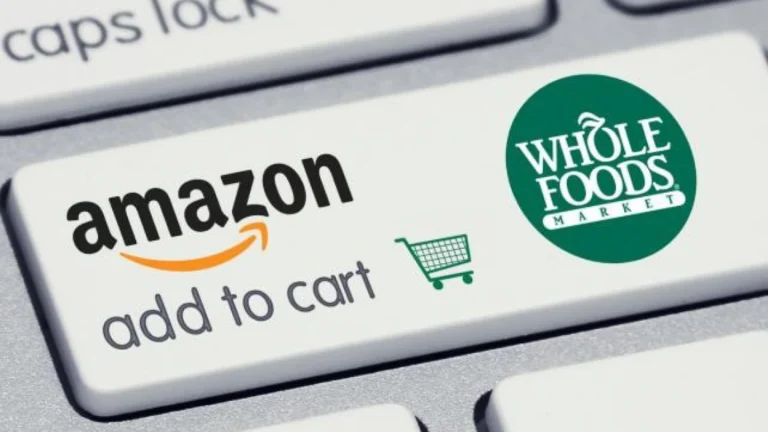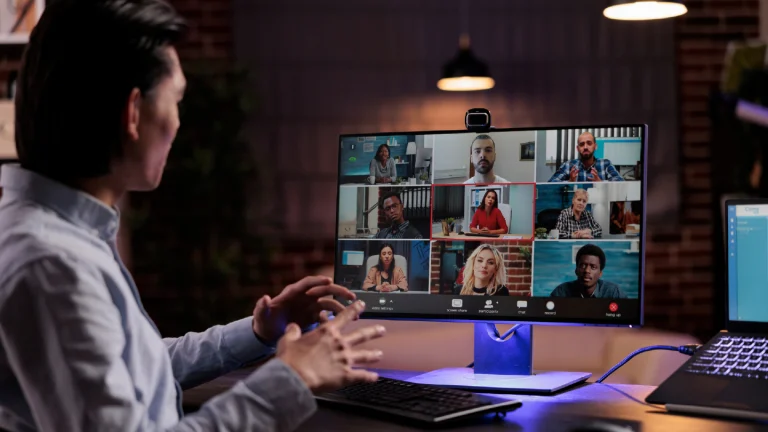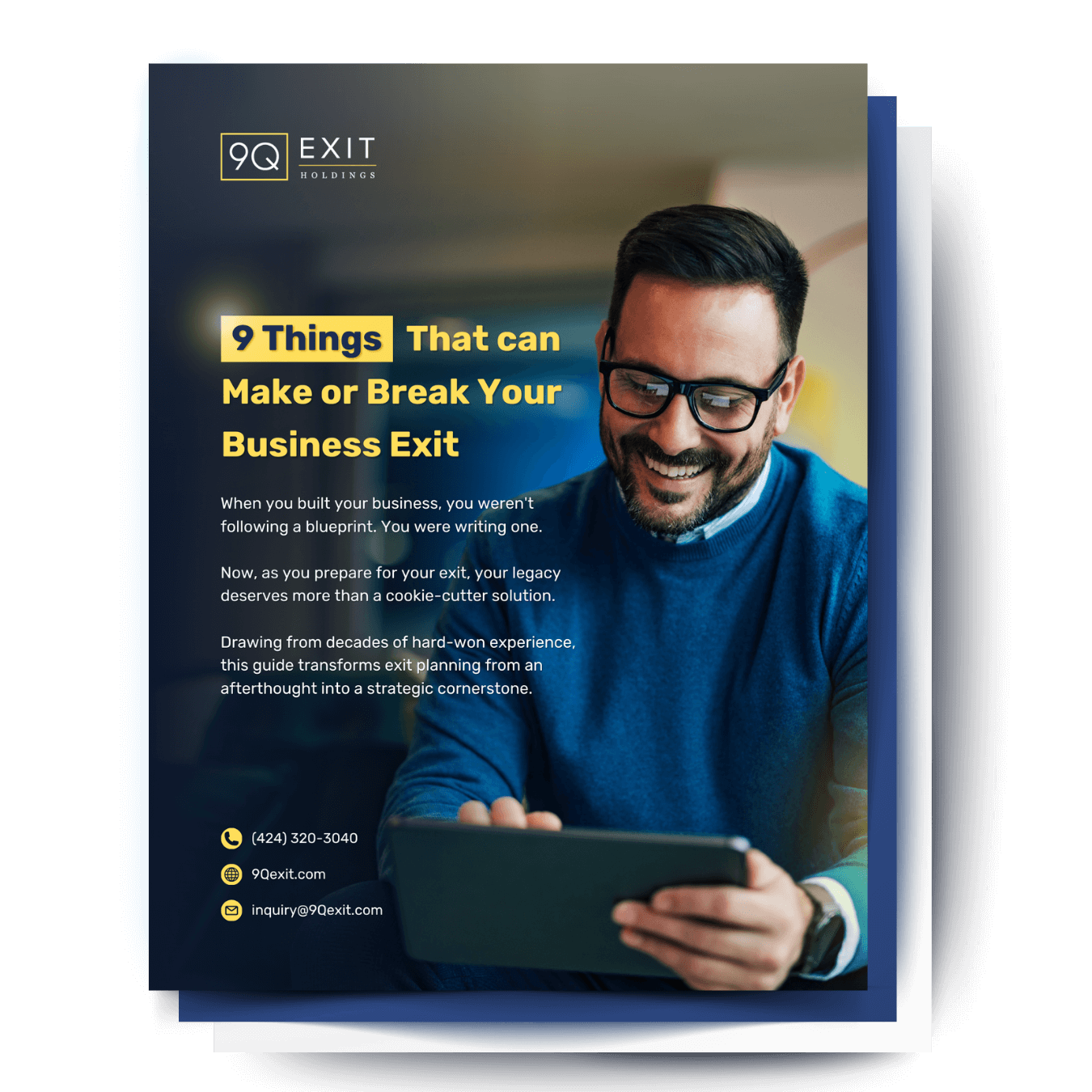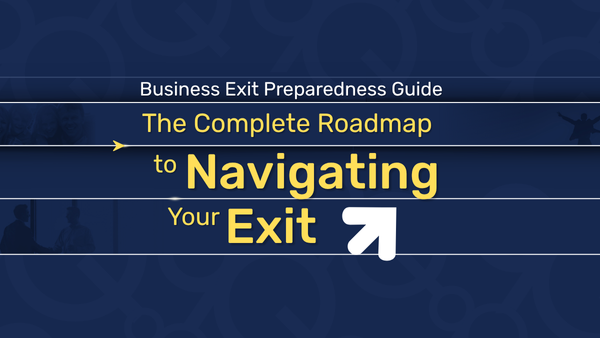The $13.7 Billion Remote Buyer Success Story

In 2017, Amazon’s $13.7 billion acquisition of Whole Foods Market demonstrated the power of remote strategic buyers as part of a long-term exit strategy. Despite being headquartered 2,800 miles apart (Amazon in Seattle and Whole Foods in Austin), Amazon recognized the strategic value that local and regional buyers had missed. While traditional grocery chains saw Whole Foods as an expensive, niche competitor, Amazon saw a critical piece of their geographic puzzle: instant access to prime urban real estate and an established customer base that perfectly aligned with their Prime membership demographics.
This wasn’t about geographic expansion for Amazon; it was about geographic optimization. This proved to be a core element of their broader exit strategy playbook. The acquisition provided Amazon with a highly prized urban footprint that would have taken decades and billions more to develop organically. The lesson is clear: the buyer who can best monetize your geographic position may be thousands of miles away.
How Remote Strategic Buyers Create Exit Excellence

Most business owners naturally think about local buyers first: competitors down the street, regional players, or local investment groups. But this geographic bias often leaves significant value on the table. Research shows that remote strategic buyers consistently pay higher multiples because they view geographic assets differently than local buyers.
The Remote Buyer Advantage
Strategic Scarcity: What’s common in your market may be scarce in theirs. A regional trucking company with routes throughout the Southeast might be worth 20-30% more to a West Coast logistics firm than to a local competitor who already serves those routes.
Market Entry Premium: Remote strategic buyers often pay significant premiums for instant market access. Rather than spending years and millions building operations from scratch, they can acquire proven local success and hit the ground running.
Geographic Arbitrage: Companies in high-cost markets routinely pay premiums to acquire businesses in lower-cost areas, seeing immediate operational leverage opportunities that local buyers take for granted.
Portfolio Completion: Remote buyers may see your geographic position as the missing piece in a national or international strategy, making your location exponentially more valuable as part of their larger portfolio.
The Hidden Value Local Buyers Can't See

Local buyers understand your market, but this familiarity can be a liability when it comes to valuation. They see what you do; remote strategic buyers see what you could become.
Geographic Assets Remote Buyers Prize
Distribution Networks: A regional business with established delivery routes and customer relationships provides instant infrastructure that would take years to replicate in new markets.
Regulatory Positioning: Local licenses, permits, and regulatory relationships that seem routine to local buyers can be goldmines for remote companies looking to enter regulated markets.
Market Intelligence: Your deep understanding of local customer preferences, seasonal patterns, and competitive dynamics represents valuable market intelligence for companies expanding geographically.
Talent and Culture: The team you’ve built and the culture you’ve created can be exactly what a remote buyer needs to successfully enter your market.
The Amazon-Whole Foods Model: Geographic Synergy at Scale

Analysis revealed that Amazon and Whole Foods had strikingly similar geographic footprints, both concentrated in major population centers. But where local buyers saw overlap, Amazon saw opportunity.
What Local Buyers Saw: Expensive real estate, high operating costs, saturated urban markets
What Amazon Saw: 450+ premium locations serving 170+ million customers, instant urban distribution network, established relationships with high-value demographics
The result? Amazon transformed Whole Foods locations into multi-purpose assets: grocery stores, delivery hubs, pickup points, and technology testing labs. No local buyer could have imagined or executed this transformation.
Industries Where Remote Buyers Excel

Technology and Data Businesses
Remote tech companies routinely pay premiums for businesses with strong local data sets, customer relationships, or regulatory positioning. A regional software company serving local government clients might be worth 3-5x more to a national GovTech firm than to local competitors.
Service Businesses with Route Density
Pool service companies, landscaping businesses, and other route-based operations often attract premium valuations from remote acquirers looking to establish instant market presence. What local buyers see as “just another service company,” remote buyers see as ready-made infrastructure.
Manufacturing and Distribution
Regional manufacturers with established supply chains and customer relationships provide remote buyers with instant market access. A Midwest manufacturer might be exponentially more valuable to a coastal company than to local competitors who already serve the same territory.
Healthcare and Professional Services
Healthcare consolidators and national professional service firms routinely pay premiums to enter new markets through acquisition rather than organic growth, valuing instant market credibility and established patient/client relationships.
Building Your Remote Buyer Pipeline

Phase 1: Identify Your Geographic Value Proposition
Market Dominance Documentation: Quantify your market share, customer loyalty, and competitive advantages in your specific geography.
Regulatory Asset Inventory: Catalog licenses, permits, certifications, and regulatory relationships that would be difficult for outsiders to replicate.
Infrastructure Analysis: Document your physical assets, supply chains, and operational networks that provide geographic advantages.
Knowledge Capital Assessment: Identify your unique market intelligence, customer insights, and local expertise that remote buyers can’t easily obtain elsewhere.
Phase 2: Position for Remote Buyer Appeal
Scalability Documentation: Demonstrate how your local success could be replicated or leveraged in other markets.
Integration Readiness: Show how easily your operations could integrate with a larger, geographically diverse organization.
Growth Platform Potential: Position your business as a launching pad for broader geographic expansion.
Cultural Transferability: Highlight aspects of your business model and culture that could strengthen a remote buyer’s operations.
Technology as the Great Geographic Enabler

Digital platforms have revolutionized how remote buyers discover and evaluate geographically distant opportunities:
Virtual Due Diligence
Advanced data analytics and virtual collaboration tools allow remote buyers to thoroughly evaluate businesses without extensive on-site presence, expanding your potential buyer universe globally.
Digital Integration Capabilities
Cloud-based systems and digital processes make it easier for remote buyers to integrate acquired businesses into their existing operations, reducing traditional geographic barriers.
Market Intelligence Access
Remote buyers can now access detailed market data and analytics about local markets, making them more confident about acquiring businesses in unfamiliar geographies.
Common Mistakes That Kill Remote Buyer Interest

Overemphasizing Local Uniqueness
While local expertise is valuable, overemphasizing how “unique” or “different” your market is can scare off remote buyers. Instead, focus on how your local success demonstrates a replicable model.
Underestimating Integration Requirements
Remote buyers need confidence that integration will be smooth. Businesses that appear too insular or resistant to change lose remote buyer interest quickly.
Inadequate Data and Documentation
Remote buyers require more comprehensive documentation than local buyers who can easily verify information. Incomplete or disorganized data kills deals.
Geographic Insularity
Businesses that have never operated outside their immediate area may appear risky to remote buyers. Demonstrate broader market awareness and scalability thinking.
Your Remote Buyer Action Plan

90-Day Strategy:
- Investment Profile Development: Create materials positioning your business for remote buyer appeal
- Integration Readiness: Assess and improve your business’s readiness for remote buyer integration
- Market Intelligence Package: Develop comprehensive local market analysis for remote buyers
Annual Planning:
- Strategic Positioning: Continuously position your business for maximum remote buyer appeal
- Relationship Building: Develop relationships with a potential remote buyer
- Performance Optimization: Focus on metrics and performance indicators remote buyers’ value
The Remote Buyer Reality

Local buyers will always exist, but they’re increasingly unable to compete with the valuations and strategic opportunities that remote buyers provide. The businesses achieving the highest exit multiples and most successful post-acquisition outcomes are those that think beyond their geographic boundaries and position themselves for the global marketplace of strategic buyers.
Your local market position is valuable, but its true value may only be recognized by someone who doesn’t already have it. The buyer willing to pay the highest price for your business is likely the one who sees your geographic assets as the solution to their strategic challenges—and that buyer is probably not in your backyard.
The question isn’t whether you can find a local buyer; it’s whether you can afford to limit yourself to local thinking when remote strategic buyers are willing to pay premiums for what you’ve built.
At 9Q Exit, we specialize in connecting businesses with remote strategic buyers who recognize and pay for geographic value. Our extensive network of national and international buyers, combined with our expertise in positioning businesses for maximum geographic appeal, helps our clients achieve premium valuations through strategic remote buyer transactions. Contact us to learn how we can help you access the global marketplace of strategic buyers.







